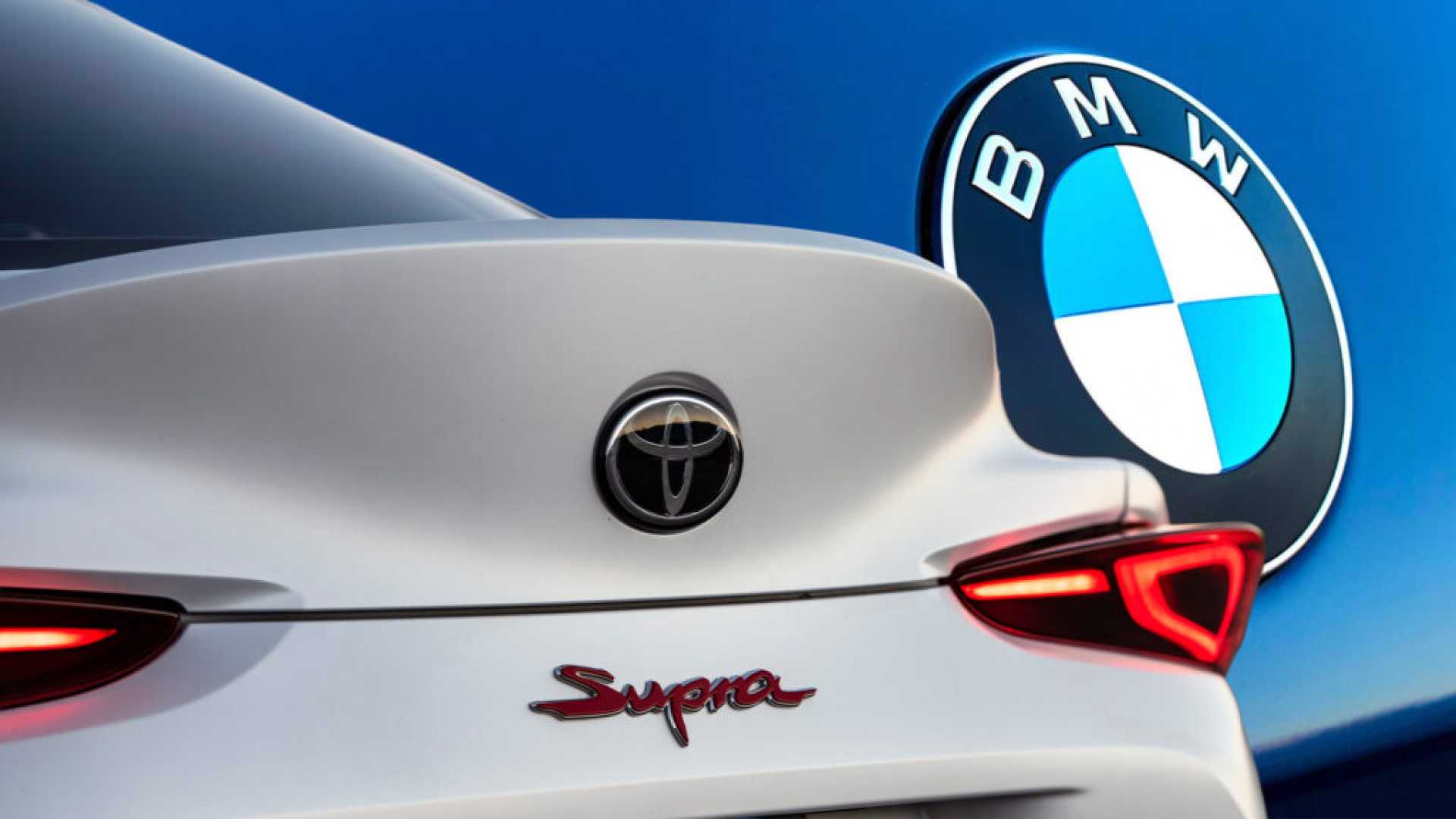Business
BMW Announces Global Recall of Over 330,000 Vehicles Due to Engine Defect

RENTON, Washington — BMW has announced a global recall affecting more than 330,000 vehicles due to a defect in the engine starter relay. The flaw, which stems from corrosion within the relay, poses serious risks, including overheating and potential fire hazards even when the vehicles are not in use.
Owners of affected BMW models, produced between 2015 and 2021, are advised to refrain from parking their cars indoors or in close proximity to structures. The issue spans a number of models, including the BMW 330i (2019–2021), Z4 (2019–2022), 530i, X3, X4 (2020–2022), 430i (2021–2022), and 230i (2022). Additionally, 1,469 Toyota Supras manufactured between 2020 and 2022, which share the same starter relay, are also part of the recall.
The U.S. National Highway Traffic Safety Administration (NHTSA) has reported that about 196,000 vehicles in the United States and around 136,000 in Germany are directly involved in the recall. BMW has committed to replacing the defective components without charge, with notification letters expected to be sent out by mid-November 2025. However, repair timelines may vary due to ongoing supply chain issues.
Authorities have underscored the importance of avoiding indoor parking as a precautionary measure until repairs are completed. Though the number of reported incidents related to this issue remains low, the potential for serious outcomes has necessitated a swift response from the automaker.
As BMW gears up for this extensive logistical effort, the company faces scrutiny over its engineering practices. This recall follows a series of recent large-scale recalls across the automotive industry, reflecting evolving challenges regarding safety and quality control. BMW’s previous issues, such as a braking flaw, underscore the difficulties automakers face as they invest heavily in new vehicle technologies.
The automotive sector is currently undergoing a significant transformation, with increased competition from electric vehicle manufacturers and changing regulatory environments. Recalls, which were once rare events, have become more frequent and are viewed as part of the new normal in automotive business.
BMW’s recent statement emphasizes a commitment to consumer safety. The company is collaborating with regulators, including the NHTSA, to ensure all affected vehicles are efficiently repaired. Dealerships are preparing for an influx of inquiries and service demands as communication about the recall continues.
Automotive analysts suggest that as vehicles become increasingly sophisticated, the prevalence of recalls may rise. The emphasis moving forward will be on how transparently and efficiently the automotive industry can address these safety concerns, reinforcing trust with consumers. In the coming months, BMW’s performance in managing the recall will be a critical test of its commitment to quality and safety.












